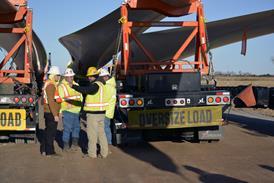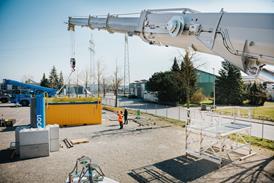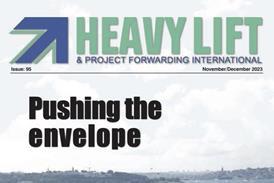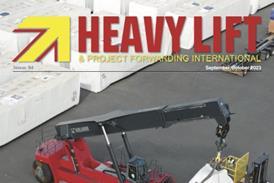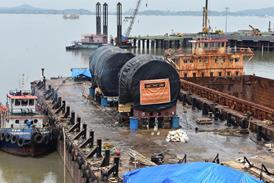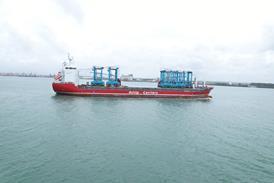October 27 - The London P&I Club says that failure to preserve voyage data recorder (VDR) records can compromise an owner's position in the event of a claim.
The operation of VDR units is generally well-understood by its shipowner members says the Club. However, there have been instances where masters have not preserved VDR data, or failed to recognise circumstances where such data - such as voice traffic on VHF radio and on the bridge - could be very valuable in the defence of a claim.
In one instance, a ship heading into port was presented with a 'head-on' situation as described in Rule 14 of the International Rules for the Prevention of Collisions at Sea. A deal was struck on the VHF between the two ships regarding a course alteration. However, the ships collided, resulting in a substantial claim on the Club.
The London P&I Club commented: "The master did not save the VDR data, presumably because the data could have been incriminating and used against him. While the same information was not likely to have reversed any liability for the incident, it may have been useful evidence to assist in reaching an amicable settlement. The effect on the settlement of the claim cannot now be quantified, although it stands to reason that the shipowner would have preferred the master to have saved the information. In an attempt to protect himself, the master may have exposed the owners to a larger settlement."
The London P&I Club added that onboard emergency guidance manuals usually contain aide memoir sheets, which assist the master with those structured and ordered tasks that need to be taken in priority order, and are aimed at ensuring that steps are not missed in an emergency. The Club advises its members to consider the insertion or addition of VDR data saves in an appropriate position on such lists.


